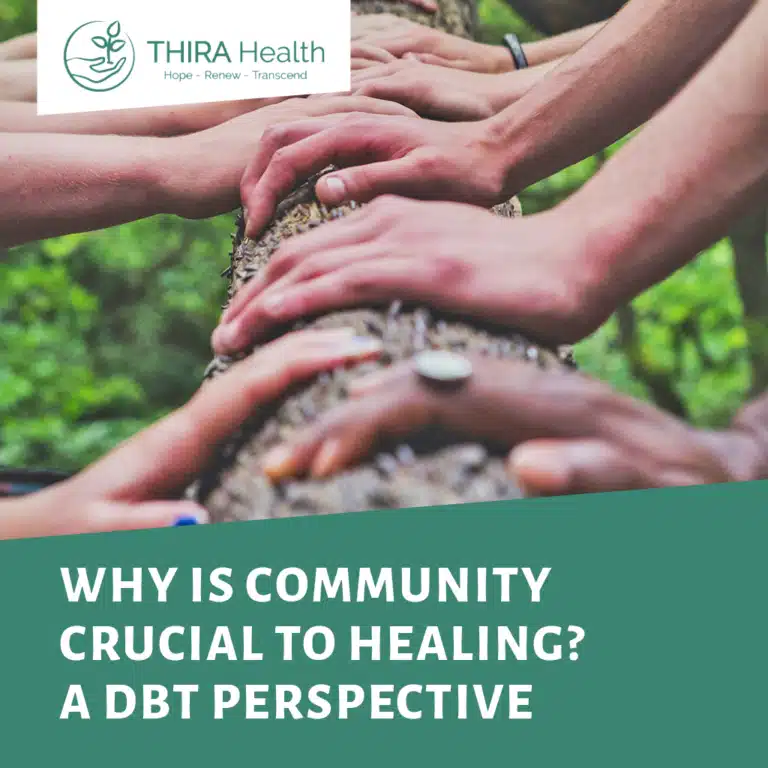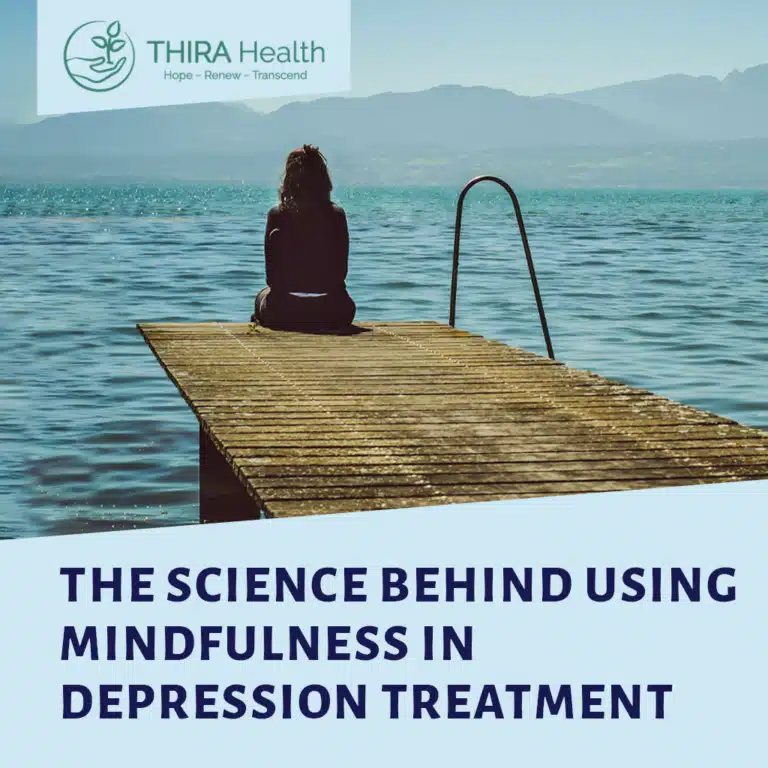Breast Cancer Awareness Month
As October rolls around again, in addition to the beauty of the changing world around us, we also want to draw attention to the symbolism behind those pink ribbons that find their way to the forefront of businesses and advertising campaigns and clothing during this time of year. Designed to build awareness for breast cancer research, those ribbons represent the 3.8 million women alive today with a history of breast cancer, those currently being treated, and the countless others who have lost their lives to the disease. We wear those ribbons to remember, to celebrate resilience, and to hold onto the hope that a cure might be possible.
As of 2021, breast cancer became the most commonly diagnosed cancer around the globe, accounting for 12% of newly diagnosed cases according to the World Health Organization. Stateside, about one in eight women will develop breast cancer over the course of their lifetime. With numbers like these, it’s likely that you or someone you know has been affected by this disease.
While some women (and men) diagnosed with breast cancer are able to think positively when confronted with such a dire diagnosis, this mindset does not come easily. Even with the knowledge that our medical system has made great strides in terms of research and treatment, and the prognosis is much better than it was 20 years ago, being told you have cancer still carries with it a heavy psychological burden.
“The mental and emotional response to a major life event like breast cancer varies from person to person. Anxiety, depression, loss of confidence, worry and fear are some of the common mental health issues that people experience, but many also live with the fear of a recurrence of breast cancer, metastatic disease or death from breast cancer. Living with uncertainty and feeling low during and after breast cancer are very common.”
-Dr. Caroline Hoffman, Clinical and Research Director at Breast Cancer Haven
A few population-based studies have confirmed the correlation between breast cancer and mental health diagnoses, as many individuals receiving a cancer diagnosis and undergoing treatment describe the experience as a traumatic event, inciting or exacerbating symptoms of depression and anxiety. In a recent study exploring that relationship further, experts observed that compared to women with no prior cancer, breast cancer survivors had higher risk of the aforementioned mood disorders in addition to sleep problems, sexual dysfunction, fatigue, and pain. Even though many women are living beyond a breast cancer diagnosis, adverse mental health outcomes can be found years into the survivorship period. Additional research reveals that breast cancer and its treatment, including mastectomy, can cause feelings of mutilation, depreciation in the value of the body, a perceived reduction in attractiveness, and lead to emotional distress and hopelessness.
The relationship between body esteem and mental health in breast cancer patients is intensely complex, and in order to cope, we must be willing to face the loss head-on. Whether it’s the physical loss of breast tissue or hair, energy level or capabilities, a shifting image of yourself as a “healthy” person, or even the loss of what you thought your life was going to look like, these changes all require adaptation.
Coping with Loss
While you or someone you love may be facing the specific challenges of dealing with breast cancer, this may not be your present reality. However, there is a common theme here that we can all relate to: loss. There is a period of adjustment with any loss, both dealing with it, and coming to terms with the transitory nature of one’s life. For this, there is no better tool than radical acceptance and distress tolerance taught in DBT skills training.
The concept of radical acceptance means your active choice to give up the struggle against that which you cannot control. While you’re not agreeing with what’s happening or what has happened to you, in embodying radical acceptance, you are moving away from emotional reactions and helplessness toward calm and logic, and eventually (hopefully) peace..
In conjunction with radical acceptance is the concept of distress tolerance, which reflects your ability to move through your life without becoming overwhelmed by it. If you can tolerate yourself and your experience and see the world around you without delusion, the moment of imminent stress will pass. As it does, you will find a greater capacity for clarity about how to move forward.
To place these concepts within the context of breast cancer survivors, even in the moment of diagnosis, you can find calm (eventually), knowing that this is the path you have been given, and your choice is to decide what to do next: “How do I continue to fully live my life? How do I make my life in this (and every) moment worth living?” Once you arrive at that level of acceptance, your despair decreases.
In a 2014 study examining the impact of dialectical behavior therapy in reducing depression and anxiety in women with breast cancer, the results showed that using DBT helped these women produce “significant” results in reducing distress (i).
Using DBT gave patients “another way to look at their life” so they were no longer mere passive observers, and also provided ways for them to be models of resistance and an example to others – such as a spouse, their children, extended family, friends, and members of their communities – about how to persevere in the face of extreme adversity. The study showed that DBT had a positive impact on patients by reducing anxiety levels and levels of stress hormones and recommended that policy makers would adopt DBT-based therapy in hospitals and cancer centers.
With similar (albeit less extensive) programming to what we offer here at THIRA Health, it’s no wonder that the women we treat for anxiety, depression, suicidality, eating disorders and self-injury also experience the world with less emotional reactivity. The women in our programs build the capacity to lean into the growth that traumatic events often offer, and how to emerge on the other side stronger.
Every time you see a little pink ribbon this October, you can remember this: when you’re experiencing something that feels like it’s blanketing your soul, when is not the life you thought you were going to have, when you want to succumb to the emotion of it all, you can still find your way through.
______________________________________________________________
(i) “Effectiveness of dialectical behavior therapy (DBT) in reducing depression and anxiety in women with breast cancer,” Masoud Hejazi and Afsaneh Sobhi, Department of Psychology, Zanjan Branch, Islamic Azad University







